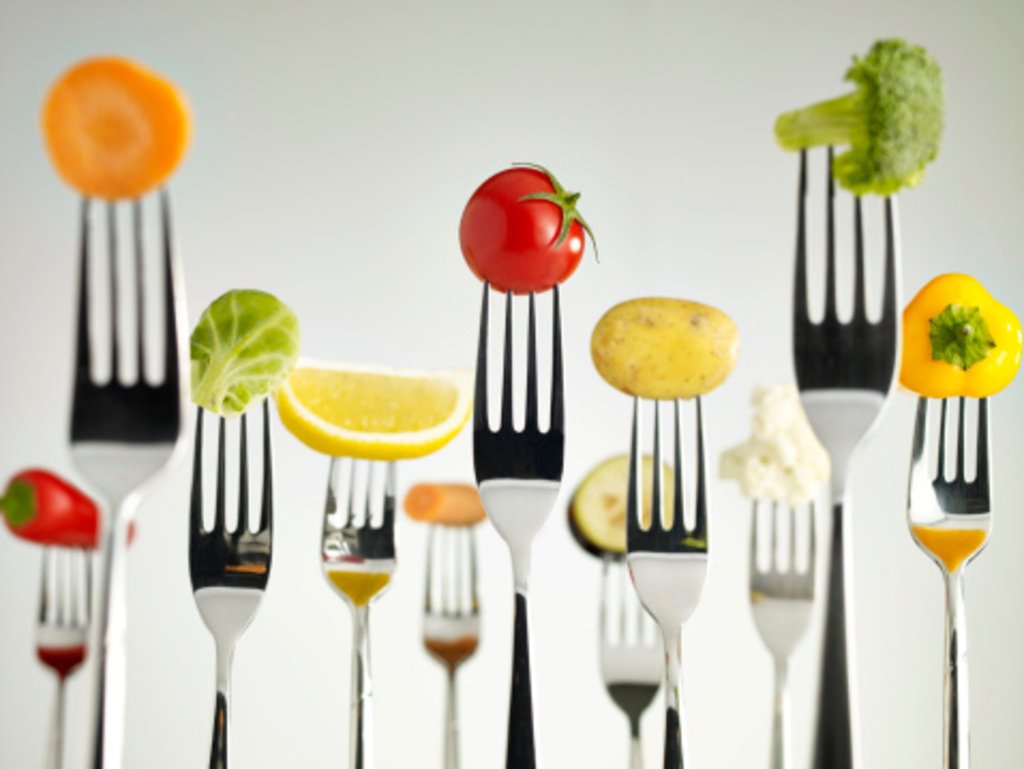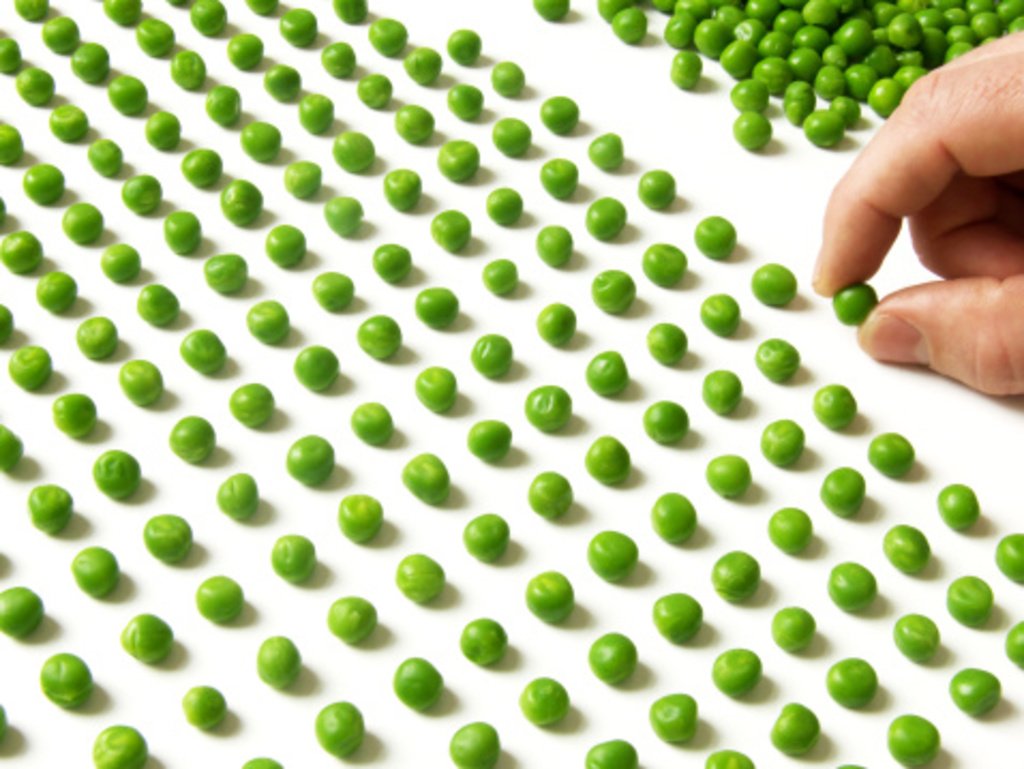
Sometimes eating goes like this: Genetically modified organisms. Corn starch. Aspartame. High fructose corn syrup. Gluten. Saturated fat. Dairy. Trans fat. Fried. Full-fat. Processed carbohydrates. “All those chemicals I can’t pronounce.” Boxed. Packaged. Sugared. Are you cringing yet?
I used to pride myself on the contents of my fridge. “Look at all this healthy shit!” I would exclaim on instagram. My personal goal was always to buy as fresh as possible and never have anything boxed in my house. Even canned was sort of a no-no. No sugar, no dairy, no gluten. Hell yeah. I’m healthy—but it’s taking up so much of my life to cook, plan and eat clean. I’d feel terrible if I deviated from my ultra healthy plan, ugh failure terrible no hope blah blah. Am I obsessed?
It’s possible—I do have a history of eating disorders. So it’s also possible that I have orthorexic tendencies. Orthorexia, coined by Dr. Steven Bratman in 1997, describes an unhealthy obsession with healthy food.
There have been no official studies or diagnoses of orthorexia in the traditional sense that one might think of as having an eating disorder. Bonnie Brennan, clinical director at the Eating Recovery Center in Denver, says orthorexia really isn’t an eating disorder in and of itself; it’s more of a symptom of having one. For example, says Brennan, you can have orthorexic tendencies but not an eating disorder, or you can have an eating disorder where your behavior is also orthorexic. Brennan says specific temperaments can be more disposed for the development of orthorexia, particularly those who are perfection driven, someone who wants to follow the rules. Usually those with orthorexic tendencies are intelligent, high achieving and live with the intention of a healthy lifestyle. It just starts to become more of an obsession, which is where the line is drawn.

“Raise your hand if you can tell me a safe food,” Brennan demonstrates. It’s gotten harder to find a grey line when rising fitness trends and new diet fads keep popping up on the horizon. It’s not new that we as a society moralize our food choices (I know you have at least one vegan friend), but with new fad diets that put an intense focus on “eating clean,” the line between good and bad foods blurs and “safe foods” becomes more of a normal societal thing.
Orthorexia, perhaps, is the new puritanism. Its namesake after all literally means “fixation on righteous eating.” On some levels, orthorexia’s underlying motivations involve searching for spirituality through food and using food to create an identity, among other things. You use your food choices to place yourself on a higher moral scale than others.
Is it wrong to be moral in your food choices, though? People are often political about food– avoiding GMOs or animal products due to personal ethics. My opinion on that aside, if someone wants to refrain or restrict from eating something they should be able to, right? After all, autonomy with our bodies is important. I asked Brennan about this—she says it only becomes harmful when it gets in the way of living a valued life. In eating disorders (and I think in general) we’ve learned to seek love and acceptance through the manipulation of food and the body.
It’s not that eating healthy is bad by any means. It’s that this fixation—this obsession—causes the person’s food choices to become restrictive enough that their health suffers. According the National Eating Disorders Association, orthorexic dedication to “healthy eating” causes both the variety of food choices and caloric intake to suffer. The thought of it takes up way too much brain space in your head and the diet becomes a way to avoid or cope with life issues, causing isolation, loneliness and depression.

“We’ve gotten further away from what our bodies are already programmed to tell us,” she says. Orthorexics can lose the ability to eat intuitively—the person will plan their life around planning food intake, when to eat, how much to eat, and consequently can find it difficult to know what hunger feels like, to know how much food they need and when they feel full. The orthorexic person might feel guilt and anxiety from not eating a pure or clean food, and find it harder to engage with family and friends during food functions.
At the Eating Recovery Center, Brennan says that those seeking help to recover from orthorexia can receive nutritional assessments, meal therapy, and will go through Acceptance and Commitment Therapy (ACT), which helps release the person from rigid patterns. ACT, which uses acceptance and mindfulness as strategies in recovery, helps you live a life that you value and make decisions based on that, says Brennan.
If you or someone you know needs help, there are options for seeking it. Brennan recommends always getting an assessment (you can call the ERC, they offer a full continuum of care so you can start at any point in your recovery process), you can consult a specialist through your HR department, you can seek a dietician (though according to Brennan there is a risk of orthorexic tendencies in the field, too), you can educate yourself and even just talk to someone you trust about your struggles. EDReferral.com can also help you find a doctor, too.
It’s about getting out of that black and white thinking. So, sometimes eating goes like this: Fresh. Whole. Homecooked. From scratch. And sometimes it goes like this: Genetically modified. Corn syrup. Aspartame. And really, that’s okay.






